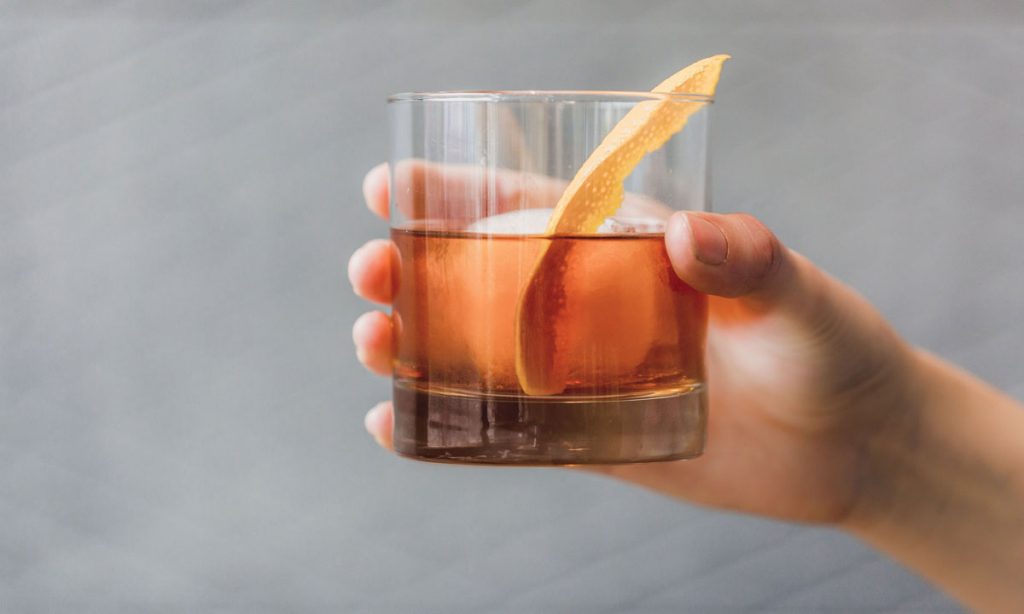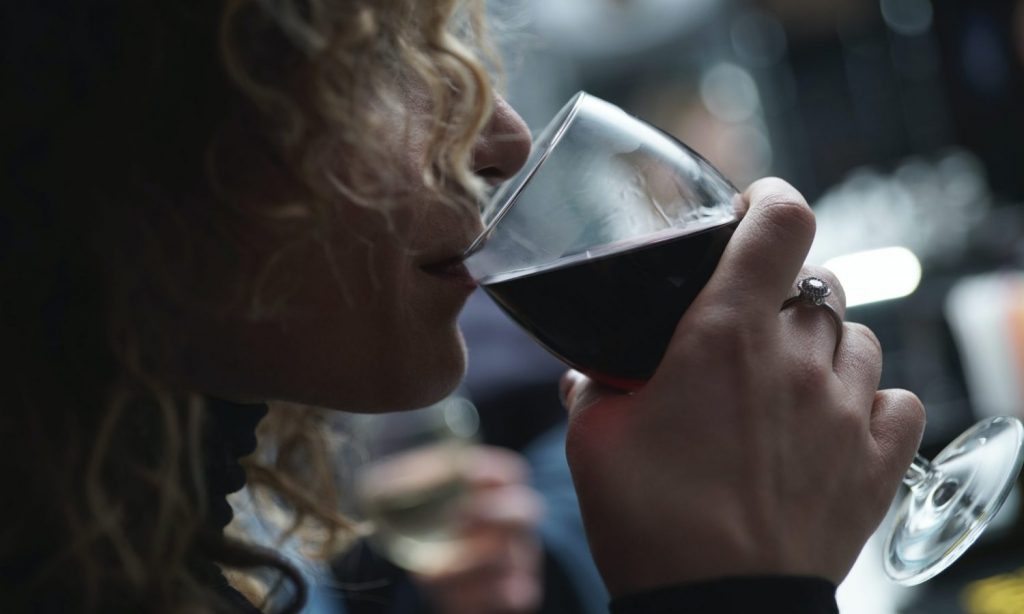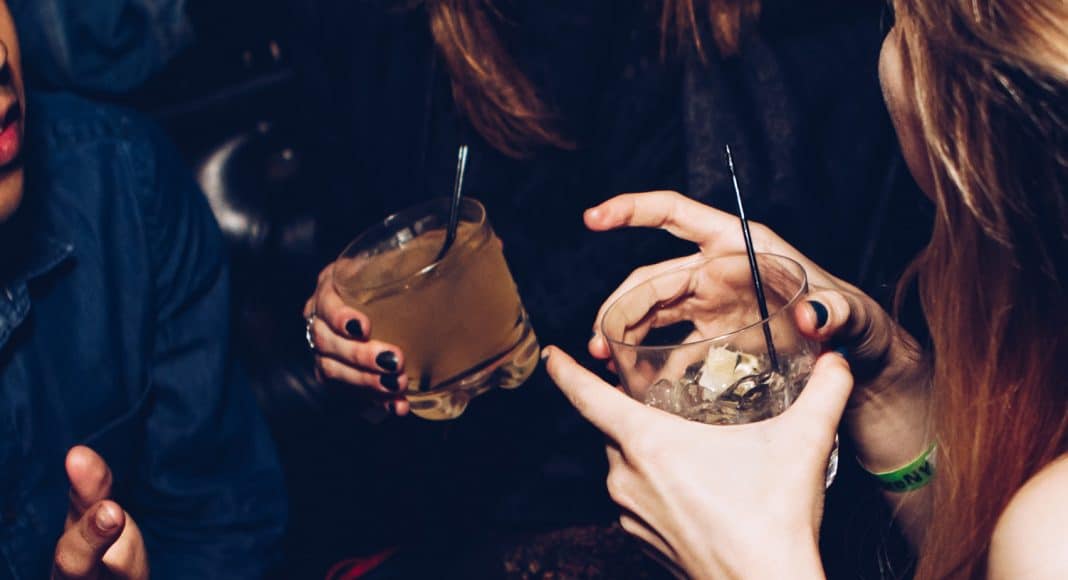Slowly cutting back on alcohol with the help of a medical professional and CBD is an effective strategy that can save one’s life.
These days, there are numerous reasons why you should be cutting back on your alcohol consumption.
For one, we’ve long known that it causes several illnesses including heart disease and cancer and two, with the pandemic, alcohol can compromise your immune system. During the pandemic, so many people took up the habit of drinking at home, during Zoom parties, and these so-called “quarantinis” can have a majorly negative impact on our health — at a time when we need it more than ever.
Excessive consumption of booze can turn around our lives for the worse. It can cause domestic abuse problems, and affect our families as well as personal relationships. However, a tip over the edge can turn a booze lover into a full-fledged alcoholic, which is already advanced abuse of alcohol.

If you’re having a hard time cutting back on your drinks, new research supports the hypothesis that cannabis can help — in more ways than one.
A new study released by University of Colorado researchers, which was published in the medical journal, Psychology of Addictive Behaviors, sheds light on cannabidiol (CBD). For the study, they analyzed CBD as well as THC and hybrid strains. They found that participants who consumed cannabis strains high in CBD “drank fewer drinks per drinking day, had fewer alcohol use days, and had fewer alcohol and cannabis co-use days compared with the other groups.”
RELATED: Does CBD Use Lead To Less Alcohol Consumption?
Meanwhile, study participants who consumed hybrid and THC strains didn’t show any changes when their drinking patterns were analyzed. This showed a clear correlation between CBD and decreased alcohol consumption. “The present study lends preliminary support to the notion that plant-based CBD may be associated with decreased alcohol consumption among regular cannabis users and suggests that it may be feasible for regular cannabis users to switch to a higher CBD, lower THC content cannabis strain for the purposes of reducing their alcohol intake,” says the study authors.
Other Studies Provide Supporting Evidence
The study’s co-authors also released separate data earlier this year in January, which was published in Addiction, which showed similar results. “Across the sample, individuals drank approximately 29 percent fewer drinks and were 2.06 times less likely to have a binge-drinking episode on days that cannabis was used compared with days cannabis was not used. These patterns were observed in males, females and the infrequent and frequent cannabis use groups.”
“Heavy drinkers engaged in treatment to reduce their alcohol consumption who also use cannabis appear to increase their cannabis use on days when they reduce their alcohol consumption,” they concluded.
RELATED: Can CBD, Psilocybin Help Fight Alcohol Abuse?
Another review, this time conducted by researchers from France and Belgium in 2019, found that CBD was helpful to “facilitate drinking reduction,” the study authors write. In addition, they found that CBD “may provide idiosyncratic protection to the liver and brain, which could reduce the development and impact of alcohol-related liver disease and alcohol-related brain injury.”
For the study, the researchers analyzed 26 older studies that were published from 1974 and June 2018 which were focused on examining how animals who were given ethanol, were impacted by CBD administration. They discovered several studies revealing how CBD was effective in decreasing alcohol consumption. “Experimental studies converge to find that CBD reduces the overall drinking in animal models of AUD by reducing ethanol intake, motivation for ethanol, relapse, and by decreasing anxiety and impulsivity,” they write.

They also found that in some studies, the mice who were regularly given CBD has less risks of relapsing from the ethanol even during periods of stress. Because of this, the authors write that CBD “could have a significant action on drinking levels in human subjects with AUD.”
RELATED: Marijuana Is Replacing Alcohol During The Pandemic And May Have Long Term Benefits
“CBD could have many more positive effects in subjects with AUD, including antiepileptic, cardioprotective, anxiolytic, or analgesic ones. Human studies are thus crucially needed to explore the many prospects of CBD in AUD and related conditions,” they concluded.
Cannabis Legalization Is Key
In the United States alone, almost 14 million adults have a problem with alcoholism or abuse alcohol. More than that also engage in risky alcohol consumption that could result in abuse later on. Meanwhile, more than 3 million teenagers in America aged 14 to 17 have a problem with alcohol.
That’s why legalizing cannabis is extremely important in helping people nationwide battle alcoholism.
RELATED: Binge Drinking Plummeting In States With Legal Marijuana
To support this, there have been numerous studies that point to legalization. One study conducted by researchers from Georgia State University and the University of Connecticut found that access to legal medical marijuana is beneficial for that. The study authors analyzed the relationship between retail alcohol sales and MMJ laws in over 2,000 counties around the country from 2006 to 2015. They found that trends in booze sales in medical friendly sates compared to those in states where cannabis is still illegal found that there was a reduction of 15% on average in monthly alcohol sales in legal counties.
“We find that marijuana and alcohol are strong substitutes… States legalizing medical marijuana use experience significant decreases in the aggregate sale of alcohol, beer and wine. Moreover, the effects are not short-lived, with significant reductions observed up to 24 months after the passage of the law.”
If alcoholism is left untreated, people can end up dying. Other withdrawal symptoms include seizures, shock, headaches, hallucination, irritability, fatigue, fever, depression, and anxiety, among many others. Slowly cutting back with the help of a medical professional and CBD is an effective strategy that can save one’s life.


